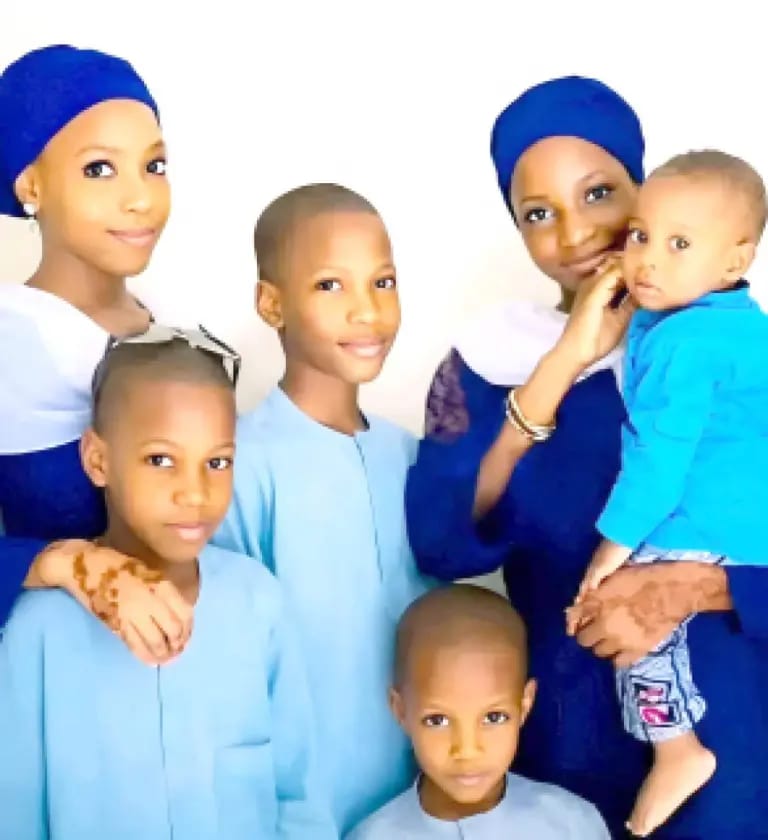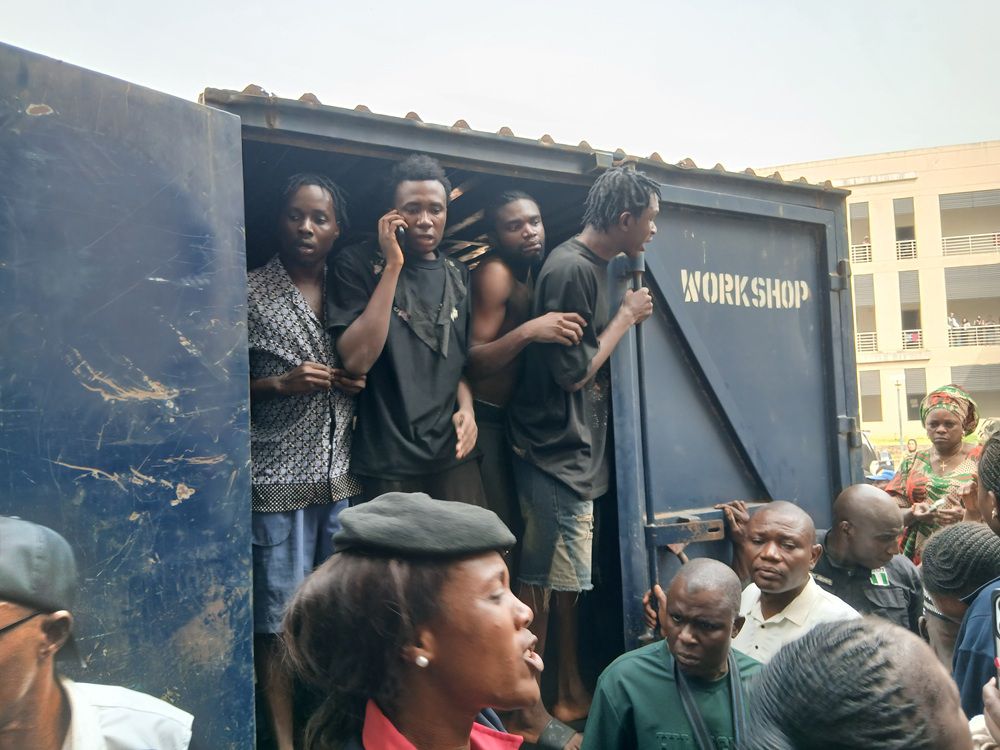The much-anticipated diplomatic meeting between Nigeria’s President Bola Ahmed Tinubu and U.S. President Donald Trump may no longer take place in Washington, D.C., as earlier reports had suggested. Reliable sources within the Nigerian presidency have revealed that although communication between Abuja and Washington remains ongoing, there are no concrete plans yet for a face-to-face meeting between both leaders in the United States.
Instead, all indications now point toward the upcoming G-20 Summit in Durban, South Africa, scheduled for November 20, 2025, as the most likely venue for a bilateral meeting. The shift underscores a recalibration in Nigeria’s diplomatic strategy, aligning with global political realities and multilateral engagements.
Presidency Sources Confirm Shift in Diplomatic Plans
According to senior officials within the presidency, discussions about President Tinubu’s trip to Washington have been temporarily suspended, with no immediate date fixed. One of the top officials, who spoke on condition of anonymity, disclosed that while diplomatic talks continue, the G-20 Summit offers a more practical setting for such an encounter.
“Talks between the Nigerian government and the White House are ongoing, but there’s no immediate plan for a Washington trip,” the official confirmed.
“However, President Tinubu has been invited to attend the G-20 Summit in South Africa, where a possible meeting with President Trump could take place.”
This revelation effectively puts to rest earlier reports suggesting that both leaders were preparing to hold a private meeting in Washington or Abuja.
Background: Reports of a Strategic Security Dialogue
The initial wave of speculation about a Tinubu–Trump meeting stemmed from remarks made by Daniel Bwala, Special Adviser to President Tinubu on Media and Public Affairs. Bwala had hinted that the two presidents share common interests in the fight against terrorism, violent extremism, and global insecurity.
He described the planned discussion as part of a broader strategic dialogue between Nigeria and the United States aimed at bolstering global peace and cooperation. According to him, both leaders recognize that terrorism remains a shared challenge that requires collective intelligence and coordinated countermeasures.
However, despite these assurances, it appears that logistical considerations and scheduling priorities have now made the G-20 Summit a more realistic venue for their long-awaited encounter.
The G-20 Summit: A Strategic Opportunity
The G-20 Summit in Durban, South Africa, presents a unique diplomatic window for Nigeria to engage directly with world powers. The summit, which brings together leaders of the world’s largest economies, will focus on global security, economic stability, climate action, and digital transformation — areas where Nigeria seeks to play a more influential role.
For President Tinubu, participation in the summit is not only about multilateral diplomacy but also about advancing Nigeria’s strategic foreign policy goals, including:
- Strengthening Nigeria–U.S. bilateral relations through high-level engagement with the Trump administration.
- Securing global investment partnerships to support Nigeria’s economic reforms and industrial development.
- Showcasing Nigeria’s leadership role in Africa as a key voice in regional stability and energy transition discussions.
- Expanding counterterrorism alliances and access to advanced defense technologies through renewed U.S. collaboration.
Diplomatic observers note that President Trump’s renewed emphasis on foreign economic partnerships provides an opening for Nigeria to attract more private-sector-driven investment into critical sectors such as energy, infrastructure, and technology.
Why a Tinubu–Trump Meeting Matters
A meeting between President Bola Ahmed Tinubu and President Donald Trump could mark a significant milestone in Nigeria–U.S. relations. Both leaders share a pragmatic approach to governance, focusing on results-driven economic policies and international cooperation built on mutual benefits rather than dependency.
If the meeting takes place, possible discussion areas include:
- Global counterterrorism coordination and intelligence sharing.
- Trade and investment partnerships, particularly in energy and technology.
- Strengthening democratic institutions and governance reforms in Africa.
- Climate and energy transition policies, especially Nigeria’s role in clean energy.
- Expansion of U.S.–Africa strategic partnerships under a renewed Trump foreign policy framework.
Political analysts believe the meeting could signal a new era of U.S.–Africa engagement, especially as Washington looks to reinforce its diplomatic footprint amid growing influence from China and Russia across the continent.
Diplomatic Analysts React
Experts have welcomed the possibility of a Tinubu–Trump meeting at the G-20 Summit, describing it as a step toward Nigeria’s reassertion on the global stage.
Dr. Funmi Adeyemi, an international relations scholar, explained that the shift from Washington to Durban does not diminish the significance of the potential encounter.
“The G-20 Summit is a multilateral forum where side meetings often carry as much importance as the main sessions. If Tinubu and Trump meet there, it could open a new chapter in Nigeria–U.S. relations,” she noted.
“Nigeria needs to leverage such opportunities to attract investment, influence global policy, and expand its diplomatic influence beyond the African continent.”
Similarly, political analyst Dr. Kingsley Orakwe emphasized that President Tinubu’s engagement with Trump could reposition Nigeria as a top U.S. ally in Africa, especially in matters of security, trade, and governance.
No Official Date Yet for the Meeting
Despite the growing interest and speculation, there is still no officially confirmed date or agenda for a Tinubu–Trump bilateral meeting. Both governments are said to be reviewing diplomatic schedules and aligning priorities ahead of the G-20 Summit.
Observers, however, believe that if the meeting happens in South Africa, it would reflect Nigeria’s deepening participation in global decision-making platforms, as the country continues to pursue broader international partnerships.



